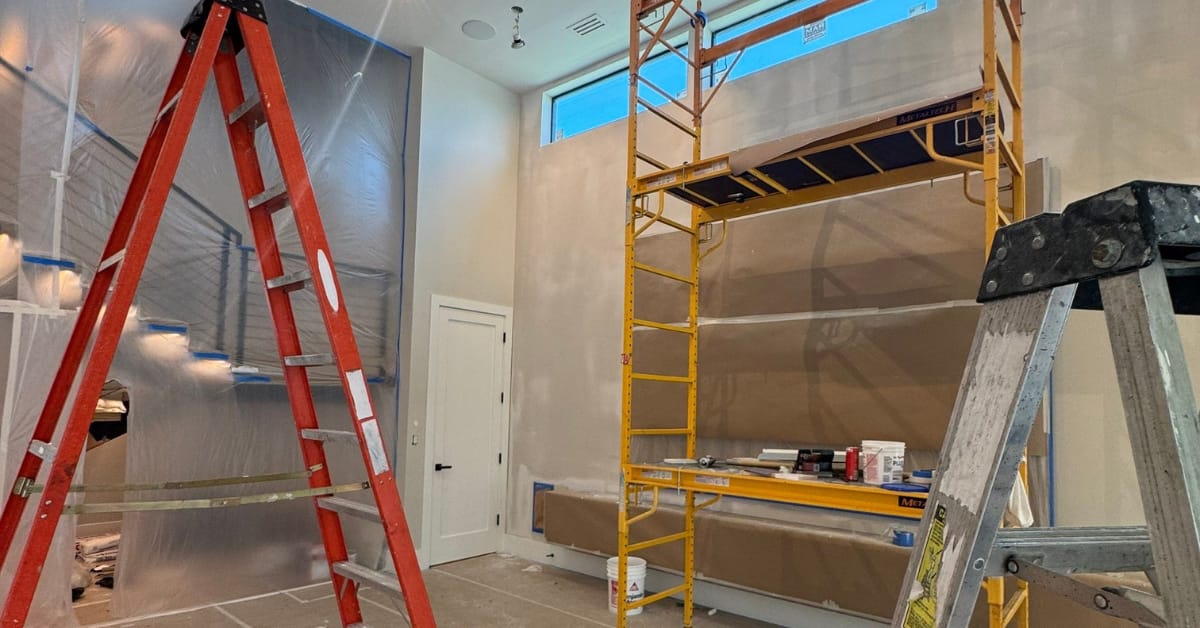-
Document every problem right away: take photos, save contractor correspondence, and get an independent assessment.
-
You can speak to the contractor about options, leave reviews, or contact the Texas Attorney General’s Consumer Protection Division. Legally, you can Texas’ RCLA process, but don’t delay basic steps to secure your home and stop further damage.
In our “Builder Gone Bad” series, we’ve already talked about Texas’ unregulated roofing market, how to vet crews, and how to avoid unqualified contractors. But what if you already hired someone you trusted, the job is done, and only now you see problems? Maybe it’s a leak after the first rain, siding that starts to warp, or drainage issues you didn’t have before. This article walks you through what to do next.
Gather Documentation and Get an Independent Review
As soon as you notice something is wrong—whether it’s poor workmanship or another construction defect—start taking photos of the damage from multiple angles, and compare them with earlier shots if you have them. Save every contract, receipt, text, and email with the contractor, plus delivery slips, material packaging, and notes from conversations. Poor documentation is a major reason claims fail.
If you aren’t sure of the extent of the damage, bring in a licensed home inspector or an independent contractor experienced in the trade involved. A written report can clarify the severity, help determine urgency, and identify the type of defect. Common issues in Texas homes include roof leaks, improper flashing, uneven foundations, and moisture damage to framing or siding.
What are Your Options to Take Action?
Of course, if a job goes wrong, you can always post reviews about the contractor. However, that alone may not lead to the defect being repaired or a refund. That will require speaking to the contractor.
If you decide to speak with the contractor, sometimes a calm but firm conversation can help salvage the situation early on. A polite approach that clearly outlines the problem, what you expect, and a reasonable timeline can motivate a contractor to fix the issue without further conflict. If it doesn’t work, you’ll still have your documentation and next steps ready.
From there, you could file a complaint with the Texas Attorney General’s Consumer Protection Division or submit a review or complaint to the Better Business Bureau.
If you want to take legal action, Texas has a specific process for homeowners to dispute construction defects made by contractors called the Residential Construction Liability Act (RCLA). Essentially, the RCLA requires homeowners to give contractors written notice (a “demand letter”) sent by certified mail at least 60 days before filing a lawsuit. This gives the contractor a chance to inspect, offer repairs, propose a settlement, or reject the letter. For more information about this process, you should speak to a legal professional.
We’re Here to Help
Need more information? If you have any questions or need assistance with damage, contact DFW Roofers at (469) 751-4018 or schedule an appointment through our online appointment form


